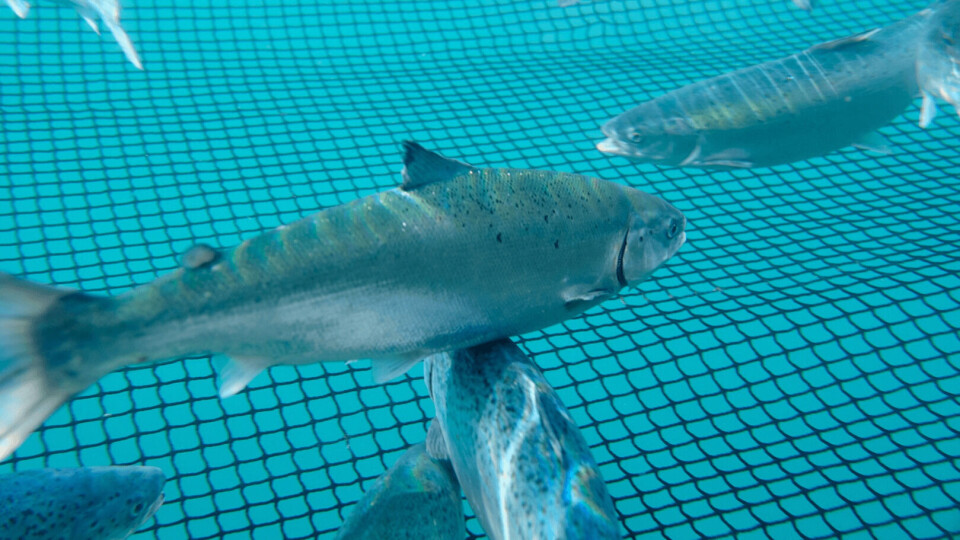
Mowi seeks security of supply with Scottish breeding programme
Mowi Scotland is to begin its own broodstock programme to reduce its reliance on imported ova and tailor breeding goals to the specific challenges of the Scottish environment.
Smolts chosen as potential broodstock candidates will be put to sea this month and will be brought to a planned on-land freshwater broodstock facility in the spring of 2024.
The first egg production is planned for the autumn and winter of 2024/25, to be stocked for 2025 smolt production.
Norway export ban
Mowi Scotland currently gets most of its eggs from Mowi Ireland, and others from suppliers in Scotland and Iceland. It previously sourced eggs from Norway, but a 2019 ban on exports of salmon eggs from that country has made the Scottish salmon industry aware of the need for home-grown ova.
The export ban, which is still in place, came into force due to issues identified by European Union food safety authorities regarding the certification of so-called disease-free compartments in Norway.
Although there was no actual clinical disease detected, the surveillance and monitoring procedures to demonstrate that the areas where broodstock were farmed were free of disease were not considered adequate.
25-30 million eyed eggs
If the same issue was to occur in Ireland or Iceland, farmers could face a shortage of eggs, affecting their entire value chain.
Mowi hopes to produce 25-30 million eyed eggs annually in Scotland. As well as providing security of supply, the broodstock programme should also allow Mowi to make cost savings.
Tailoring breeding for salmon best suited to Scottish waters should also improve biological performance. Other farmers are following a similar policy. Cooke Aquaculture Scotland and Scottish Sea Farms are using Scotland-specific fish from eggs produced by AquaGen at its Holywood Breeding Centre near Dumfries, and the Scottish Salmon Company works with Hendrix Genetics to produce fish from a native Hebridean strain.






















































